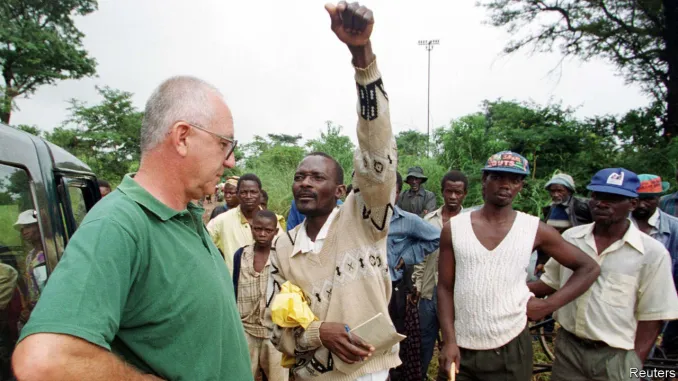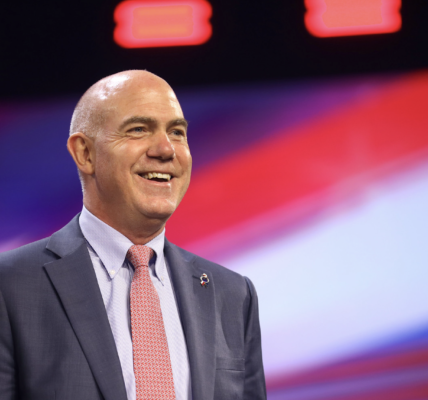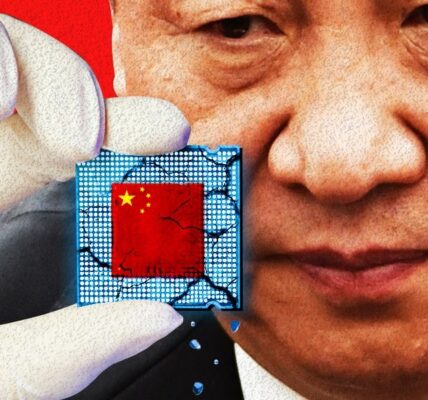Zimbabwe land compensation claims disputed by dispossessed white farmers

The Zimbabwean government’s recent claims of progress in compensating white commercial farmers whose land was seized in the 2000s have been described as misleading by a body representing the majority of the 4,500 affected farmers.
The Compensation Steering Committee (CSC) challenges the country’s Finance Minister Mthuli Ncube’s assertion that commitments to dispossessed farmers have begun to be fulfilled after a first round of payments amounting to US$3.1 million.
According to the CSC, these payments are merely token gestures that fail to address the scale of the problem and that the few farmers who have accepted the revised terms are among the most vulnerable, driven by urgent needs for food, healthcare, and accommodation.
“The government’s recent payments represent a tiny fraction of the GCD’s US$3.5 billion, which was already a substantial discount on the actual value of the properties,” said Deon Theron, Acting Chairman of the CSC and former CFU President. “The FCA was initially presented as interim relief but is now being misrepresented as a comprehensive compensation solution. This is simply untrue,” Theron added.
Theron also criticised government claims of collaboration with farmer representatives, clarifying that the individuals quoted in recent press statements—Andrew Pascoe and Harry Orphanides—no longer hold leadership roles within the CSC or CFU. Both were voted out in 2024 amid allegations of ignoring democratic principles and failing to disclose conflicts of interest.
The CSC has further rejected the government’s latest proposal to issue long-term bonds as a compensation mechanism, describing them as insecure and inadequate. “These bonds do not settle the debt; they merely convert farmers into bondholders reliant on uncertain, high-risk, long-term payouts,” explained CSC representative Angus Selby.
The CSC continues to urge the government to explore a viable, inclusive solution to ensure fair compensation. It also warns the international community against endorsing quick fixes, advocating instead for meaningful engagement to rebuild trust and revitalise Zimbabwe’s agricultural sector.
Criticism of the government’s compensation claims comes as a Zimbabwean delegation prepares to meet representatives of President Donald Trump’s administration on the sidelines of the World Bank Group and International Monetary Fund meetings in Washington, D.C., taking place this week from Monday, 21 April to Saturday, 26 April. The discussions are expected to focus on a minerals deal with the Trump administration.
Advocate Simba Chitando from the Zimbabwe Anti-Sanctions Movement told National Security News in an interview that Zimbabwe is eager to rejoin the global financial system. He described Zimbabwe as the country with “the highest concentration of mineral wealth per capita on the planet.” These minerals, he said, are not just any resources but “the minerals of the future,” including lithium, gold, and steel production.



































































































































































































































































































